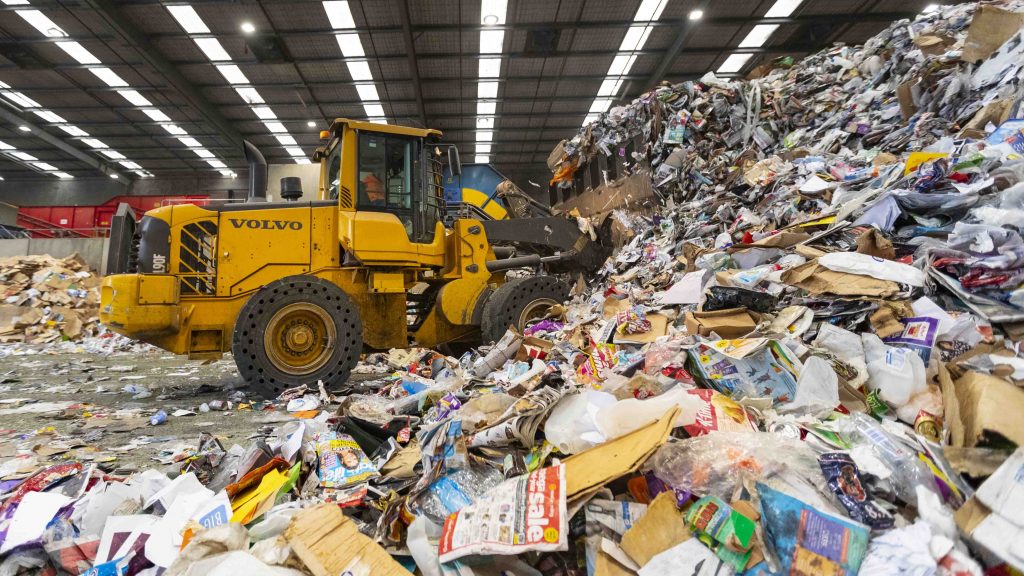Improved recycling might reduce plastic waste, but it won’t be the solution to carbon emissions that we need, say experts

Recycling of commodity packaging plastics will have marginal impact on the carbon emissions from the plastics industry, according to BNEF analysis. Emissions from the production of high-density polyethylene, low-density polyethylene, and polypropylene are expected to double over the next 30 years in a business-as-usual scenario.

An improved recycling scenario, where all plastic waste is captured and recycled by 2050, offers carbon emissions reductions of only 14% compared to the baseline. Strong demand growth, material loss during recycling, and lower-quality recycled output all limit the amount of supply that can be met with recycled material.
Under ‘scenario X,’ which also involves demand reduction, the use of bioplastics and aggressive investment into collection and sorting infrastructure, annual CO2 emissions fall by 42% by 2050. However, even then, total emissions remain well-above net neutral.
Resin manufacturers are hedging their bets by becoming more involved in recycling operations at the same time as increasing their use of bio-based feedstocks. They are waiting for a signal from their customers, and from policymakers, about which option to prioritize.
Legislation has so far focused on taking a tough stance on single-use plastics, but leaves the door open to both recycled and renewable options for packaging. With net-zero emissions in mind, they may be conscious that while recycling is crucial in addressing the plastic waste crisis, it is not the silver-bullet major producers like BASF, LyondellBasell and Sabic are hoping for.




